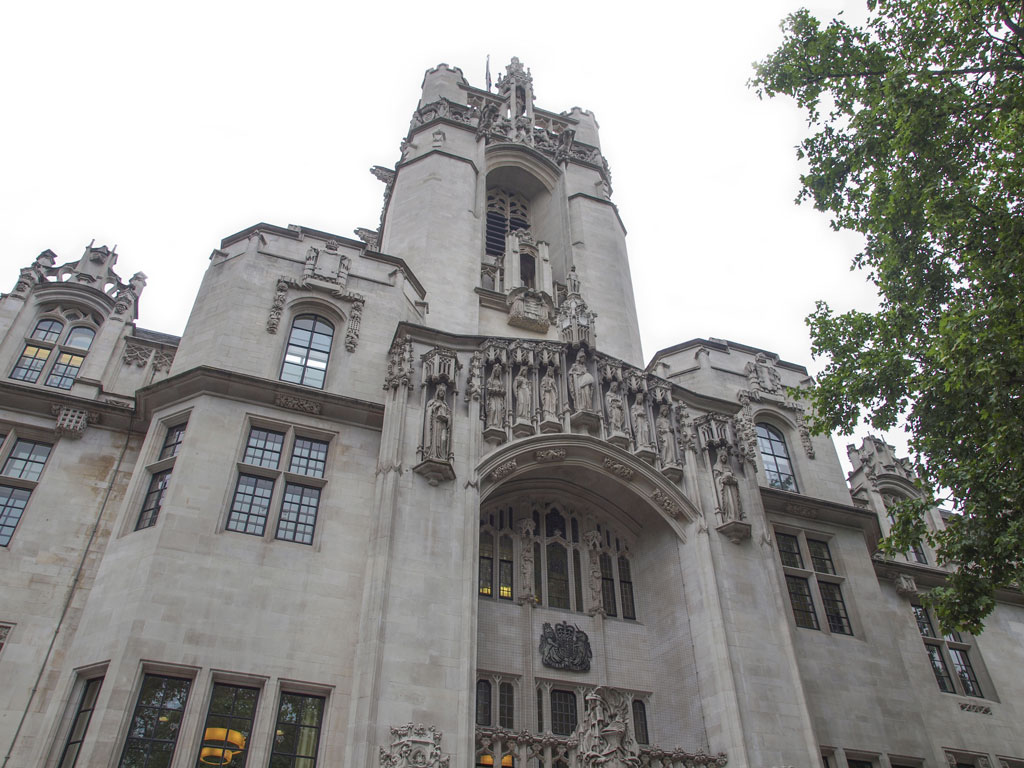
Mark Solon examines new expert witness guidance from the Supreme Court
Who would have thought that a bruised wrist from a fall on an icy footpath in 2010 would have led to the Supreme Court giving useful guidance on when expert evidence would be allowed in a civil court?
In Kennedy (Appellant) v Cordia (Services) LLP (Respondent) (Scotland) [2016] UKSC 6, [2016] All ER (D) 99 (Feb), the appellant was employed as a home carer by the respondents. Her work involved visiting clients in their homes and providing personal care. One wintry December evening, she was required to visit an elderly lady. She slipped and fell, injuring her wrist. The appellant’s appeal to the Supreme Court concerned the admissibility of evidence given by the expert witness, and whether the respondents had been in breach of their statutory duties or negligent. Full details including the judgment are on the Supreme Court website.
Because the case started in Scotland, the judges refer to skilled witnesses but that’s the Scottish for expert witnesses. The principles apply throughout





.tmb-mov69x69.jpg?sfvrsn=961ae4db_1)
95ca96e3d47f4eff8d147c4f0df17c77.tmb-mov69x69.png?sfvrsn=3db5d86b_1)

